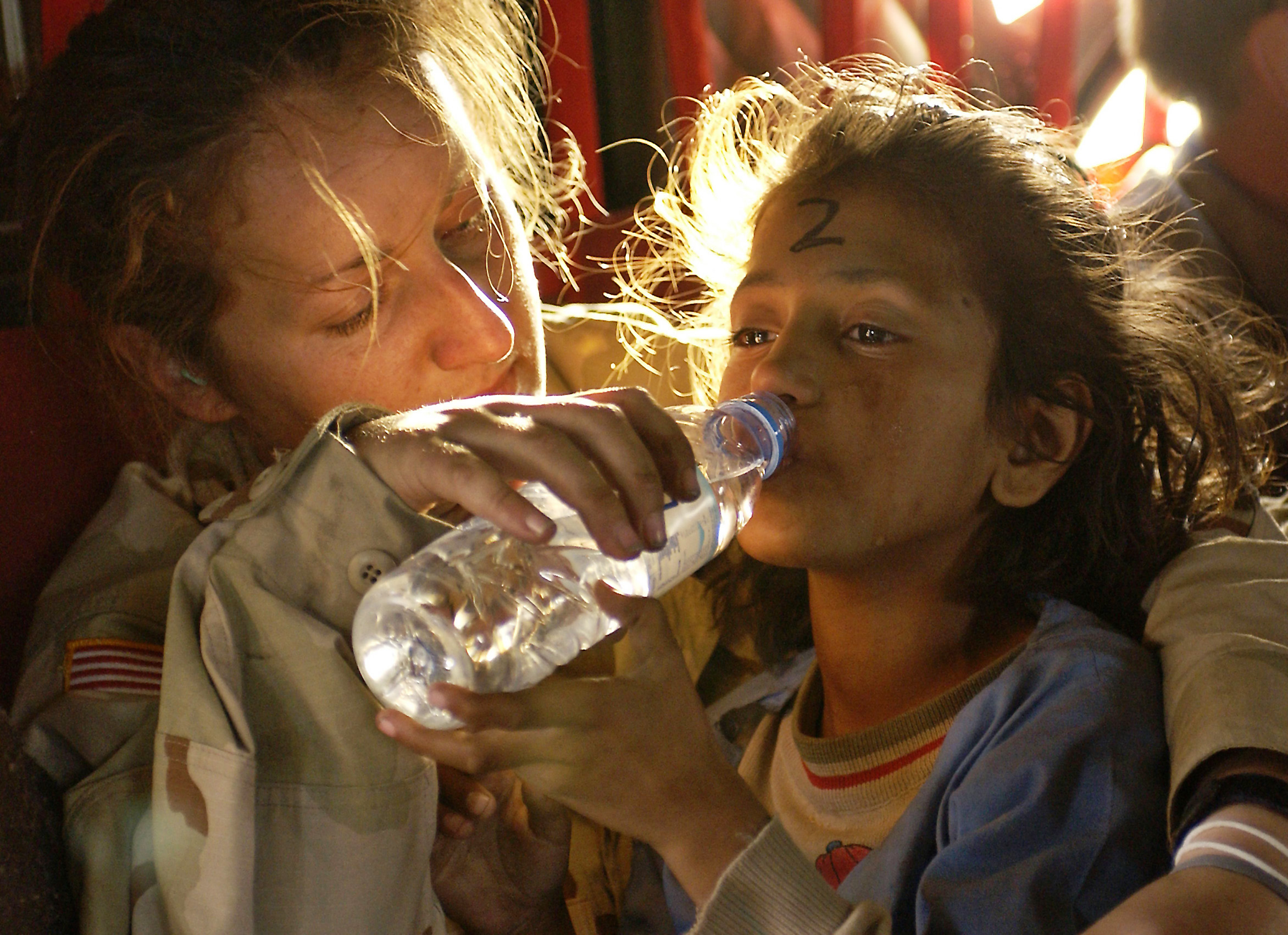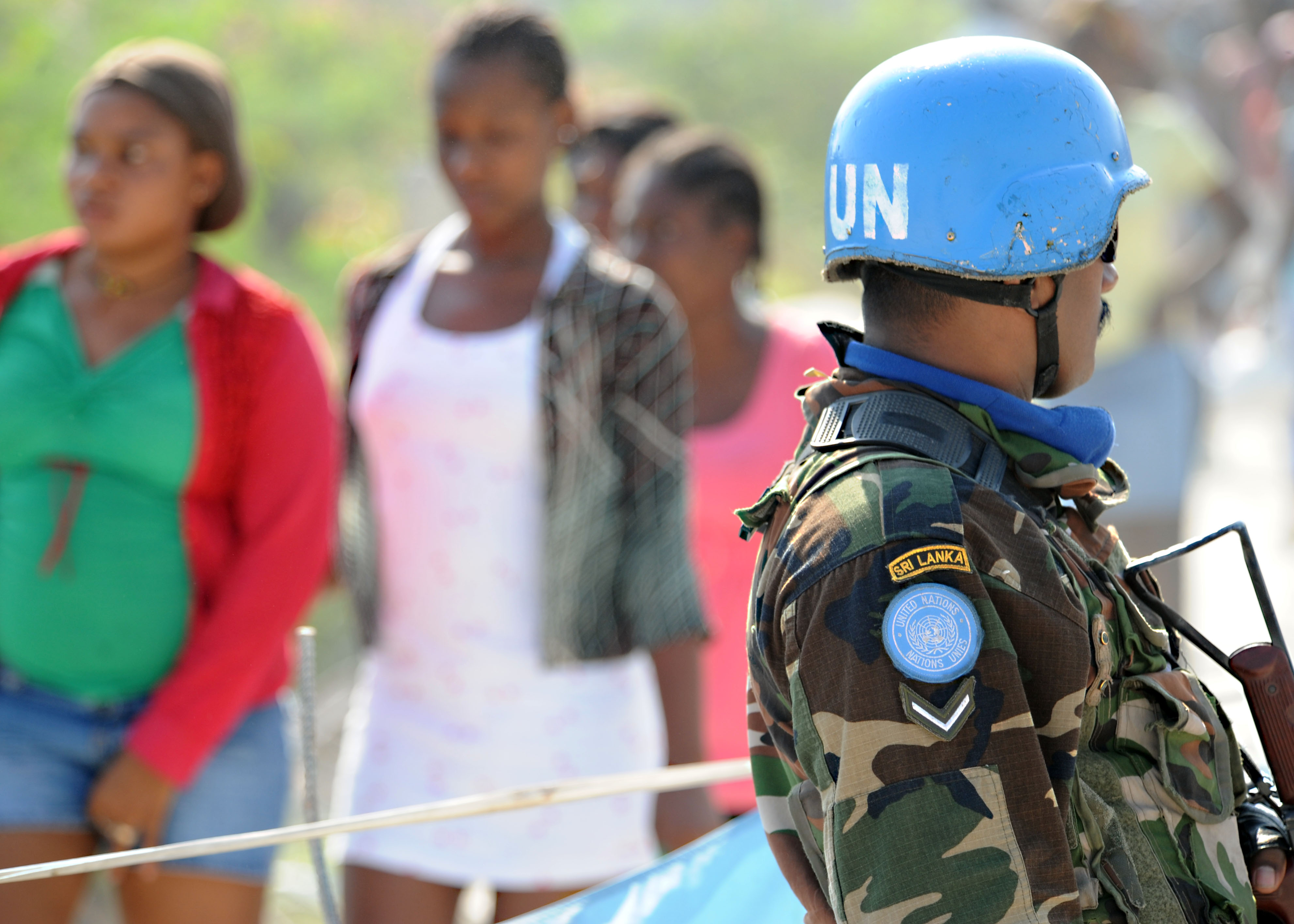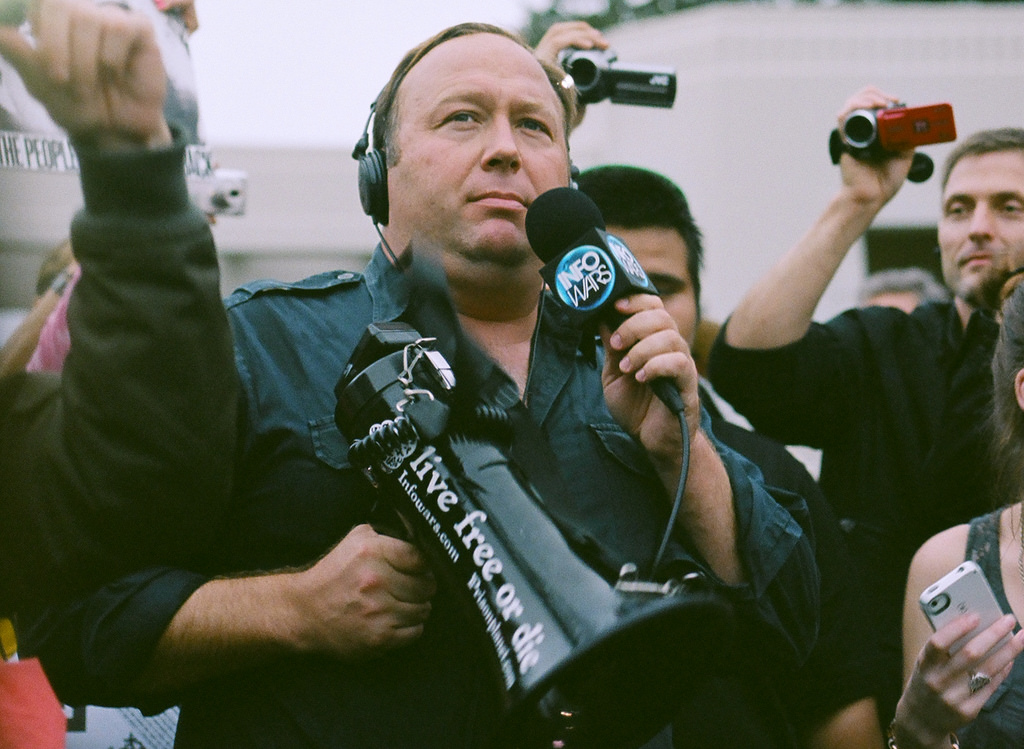On April 14, 2016, I had the honour of speaking to Rotary International’s Nipissing Club in North Bay, Ontario, concerning the many contemporary issues facing the United Nations. As part of this club’s speaker program, and part of Rotary International’s steadfast commitment to combatting polio around the world, a contribution from a guest speaker means 10 children will be immunized against polio. I was honoured to receive this acknowledgement from Rotary, however, deeply saddened in the following week as the Taliban killed seven Pakistani policemen, three of whom were guarding a polio immunization facility. Regrettably, this tragic event in Karachi is part of a global trend in conflict zones to target purveyors of healthcare. Though the intentional targeting of aid workers has soared in Afghanistan, Somalia, and the Democratic Republic of the Congo, this dangerous practice is clearly displayed in Syria. Most recently, on April 28 2016, a hospital supported by leading healthcare provider Médecins Sans Frontières (MSF) was targeted in an airstrike killing over 50 in Aleppo.
As deteriorating global security, and violence against immunization efforts persist, progress achieved by the Global Polio Eradication Initiative and international community has weakened. This raises the question: how can the international community effectively mount health campaigns amidst this unrest?
The increasingly dangerous healthcare landscape
Pakistan recorded 300 new cases of polio in 2014 alone, and though the number has dropped in successive years, militants have killed nearly 80 members of vaccination programs since December 2012. Some promising measures have been established with the Taliban in fighting polio, but the recent outburst of violence displays a significant danger for aid workers and those who protect them.
In part, the drive against polio vaccination campaigns by the Taliban and its affiliates came as a response to the CIA’s use of a fake vaccination program to obtain intelligence on the location of Osama Bin Laden. The politicization of healthcare delivery has compromised the practice, leading to increased casualties and inability to deliver medical services amidst conflict. The Taliban have employed a series of tactics to target medical facilities, medical personnel, security services, and even volunteers with immunization efforts who are targeted and murdered following a health campaign.
In Syria, politicization of medical services has led to a zero-sum war, with medical services being explicitly targeted by nearly every party to the conflict. Polio’s Syrian resurgence was aided by Syrian President Bashar al-Assad’s decision to deny medicine, including vaccines, to areas under revolt in 2012. This policy led to a major immunity gap in the population allowing the polio virus to target a new generation in Syria, as well as open the floodgate to the spread of other diseases.
The ensuing Syrian Civil War has been devastating for public health as the Assad regime, backed by Russian airstrikes, has also bombed numerous hospitals, deliberately targeting medical facilities and indiscriminately bombing civilians through the use of cluster munitions and barrel bombs. In addition to the atrocities carried out by the Assad regime, the so-called Islamic State (IS) has been aggressively targeting rebel-held medical facilities and as well as foreign aid workers. Intense fighting between armed groups, the outflow of medical personnel, and crumbling health infrastructure in Syria have led experts to warn that the war has created a “perfect storm” of conditions for a multiplicity of diseases to spread throughout the region.
Firm action needed
In order to medically stabilize conflict zones, healthcare must be depoliticized by parties to a conflict and instead, treated as impartial purveyors of medical services as envisaged by International Humanitarian Law (IHL). To this end, the CIA’s appropriation of medical programming for political ends is unacceptable, and should be met with a firm commitment to not replicate this practice in the future. Vaccinations and medical assistance cannot be politicized as the credibility of this vital practice is threatened, while also, diminishing the value of this practice as a confidence-builder between local populations and the international community.
In response to heightened violence in Syria and elsewhere, the United Nations Security Council unanimously passed Resolution 2286, forcefully condemning the targeting of medical personnel and facilities. This is a welcome measure. However, as IHL already explicitly prohibits the targeting of healthcare providers, this new resolution must be treated as a blueprint for action rather than a solution to the crisis. Those in violation of this resolution and of IHL must receive more forceful criticism from the international community, and a renewed focus to invoke international legal mechanisms to deter this practice. The rise of organizations like IS, which openly disavow international order, underscores the imperative to proactively seek solutions for global conflicts. With mounting casualties, the UN and Member States should listen to, and coordinate further with the NGO community. This dialogue could be focused towards creating more effective ground-level security mechanisms to provide and enhance the safety of these aid workers.
In order to support this critically important work, all parties of the international community must recognize, uphold, and revitalize the importance of IHL as it pertains to global health.
Photo Courtesy of Kristopher Wilson (U.S Navy).
Disclaimer: Any views or opinions expressed in articles are solely those of the authors and do not necessarily represent the views of the NATO Association of Canada.




